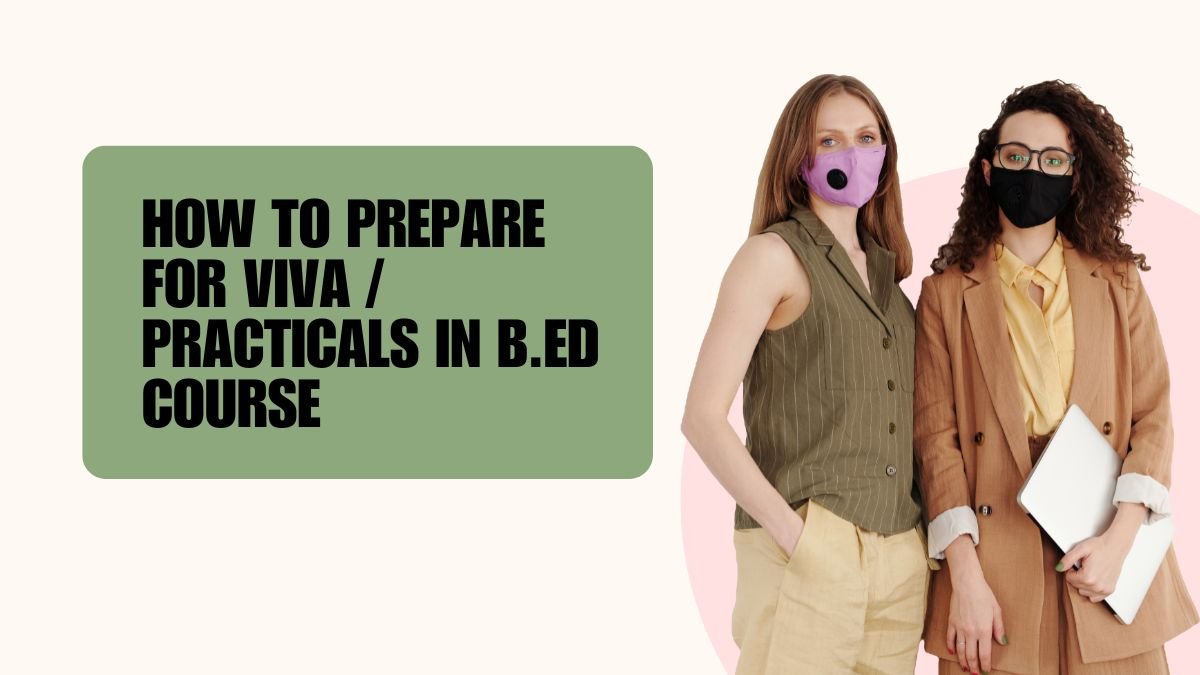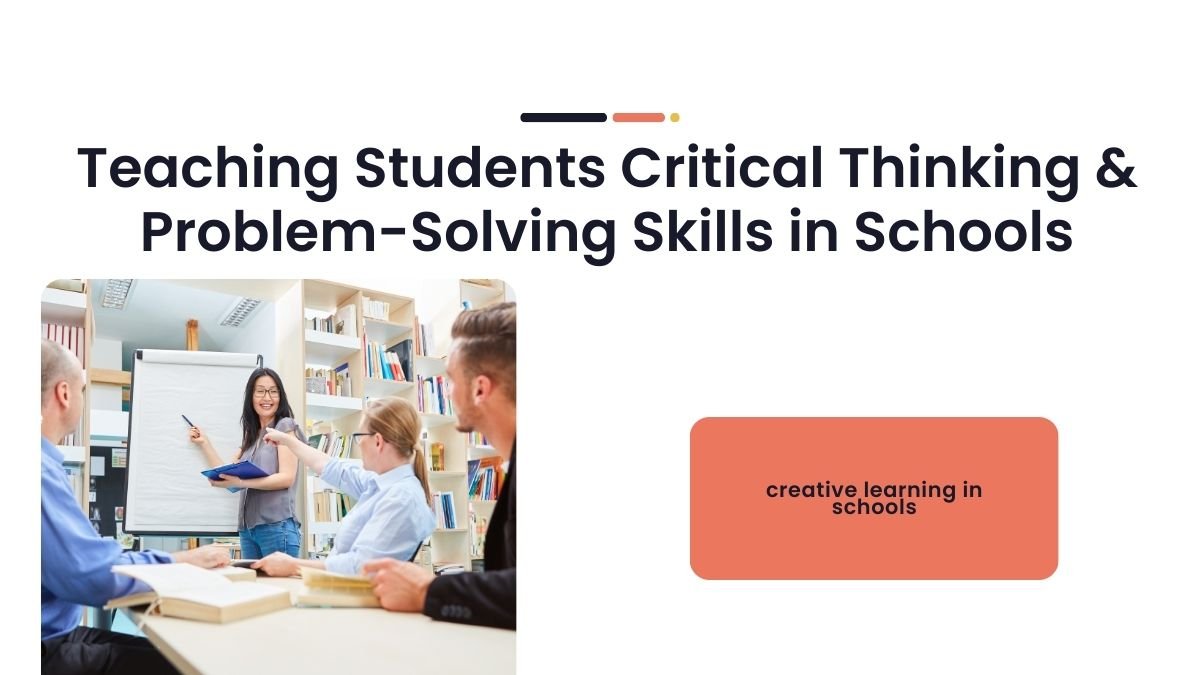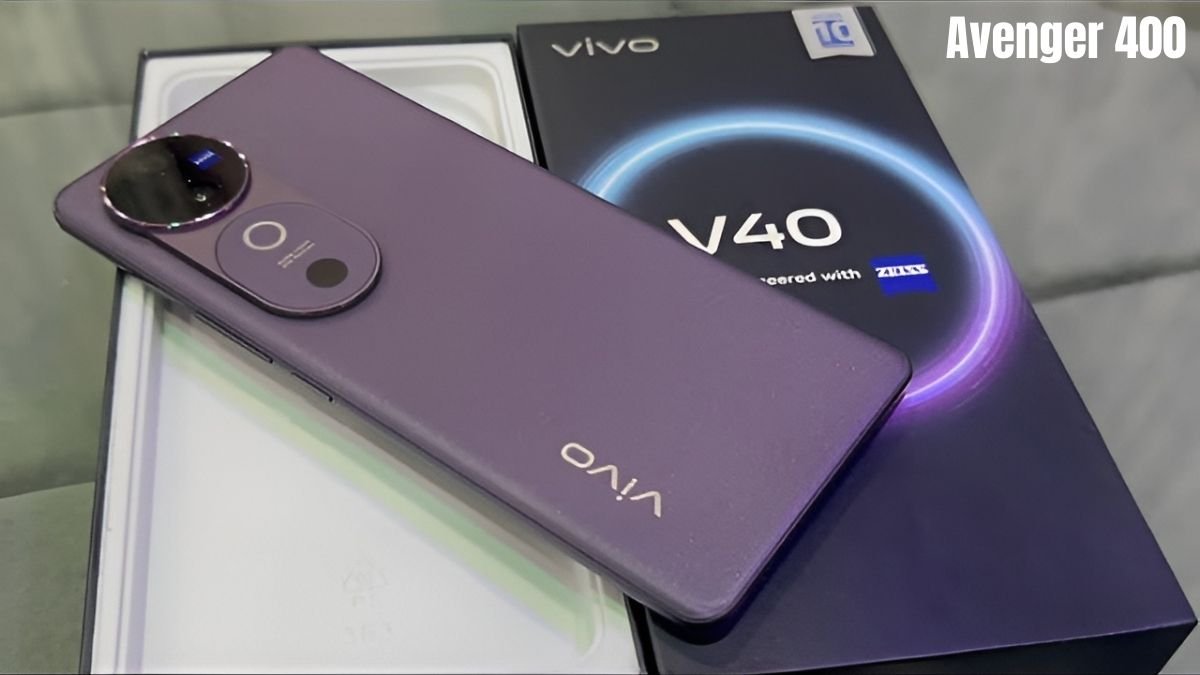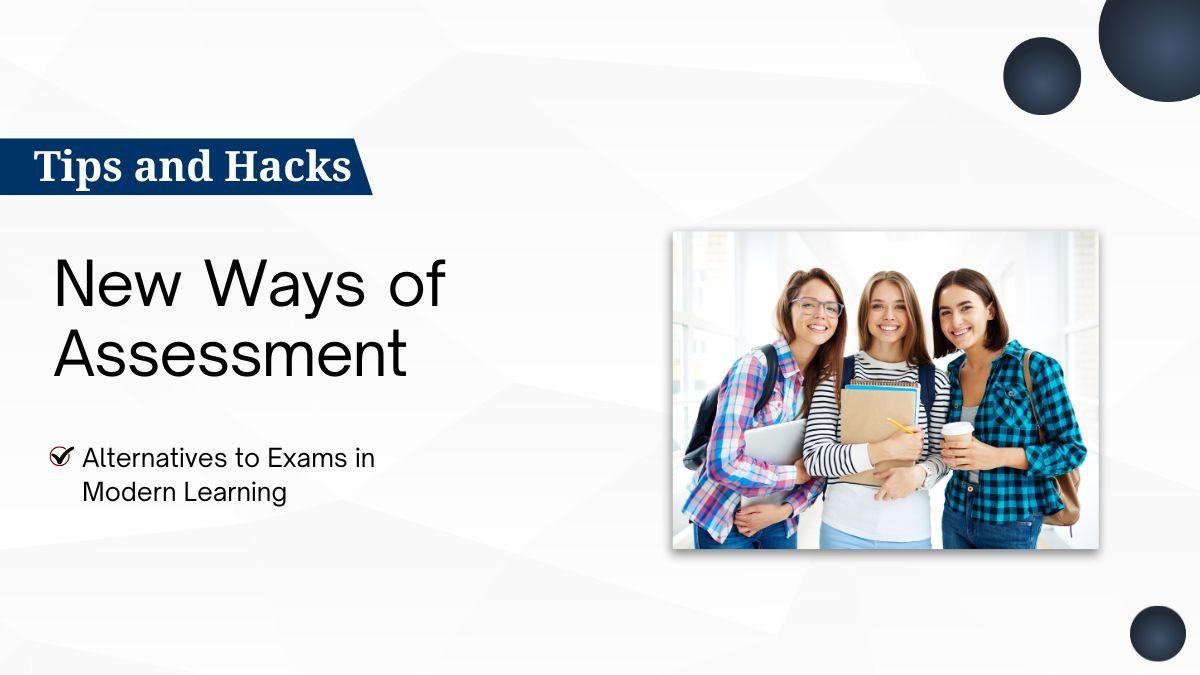The Ultimate Guide to Preparing for the B.Ed Viva and Practical Exam
B.Ed viva and practical are the most important parts of any teacher training program. They do not just serve the purpose of scoring marks, but this exam tests your ability, preparation, and professional skills to become a teacher.
For successful viva and practical exam preparations, students should go through the entire B.Ed studies, lesson plans, observation records, and demonstration records before performing. Classroom management, teaching skills, and confidence ought to be given attention as well.
1. Practicals Preparation
(a) Master Your Records
Your lesson plans, observation notes and demonstration records are checked in the exam.
Just filling the documents will not work. You need to understand both the content and purpose of them.
- Understanding what educational objectives, teaching activities and assessment method are included in the lesson plan.
- Note in the observation record what behavior or reaction of the students you noticed and what conclusions you drew from it.
(b) Demonstrate Competency
Practice micro-teaching and demonstration classes until you can present it confidently.
This practice will help you give accurate and effective presentation in a real classroom.
Example:
- If you are demonstrating a math class, practice in front of friends or family first.
- Be careful with the time and make the process simple and clear in explaining to the students.
(c) Use Teaching Tools
Use charts, models, digital tools, flashcards or projectors.
This not only makes your provision interesting, but also deepens it in the understanding of your students.
Example:
- Show a model of a volcano in a science class.
- Show a video clip of a historical site in history.
(d) Classroom Management
The exam is to see if you can organize and run a class effectively.
For this, be organized, well-prepared, and maintain a positive dialogue with students.
2. Viva-Voce Preparation
(a) Know Your Philosophy
It may ask you about your own identity as a teacher and, thus, of the impact of your B.Ed. journey.
Think how your education and experience have shaped your approach to teaching, your beliefs, and values.
Example:
“I believe that every student can do something well, and the teacher’s job is to facilitate that and guide every student at the level they are.”
(b) Anticipate Questions
Some of the questions could be:
- Your practical experience and teaching practice,
- Your lesson plans and their characteristics,
- Your teaching philosophy and values.
(c) Go over Key Concepts
The B-Ed pedagogy subject taught key concepts—to revise in teaching methods, student needs, assessment, and educational psychology.
That would build stronger understanding and default themselves to answer.
(d) Prepare to Answer
Prepare and practice the answers to common questions well ahead of time.
Practice gives clear, precise and confident answers.
3. Tips for Success
(a) Stay Confident
Confidence is the key to success.
Good preparations are quite likely to boost confidence.
(b) Manage Anxiety
In case you might be feeling nervous, then take a deep breath and concentrate.
A healthy mindset and adequate preparation somehow put down stress.
(c) Be Clear and Concise
While answering, speak clearly, simply and to the point.
Such long and vague responses can reduce your impact.
(d) Engage with Your Examiners
Answer by looking into the eyes,
give thoughtful answers,
and show enthusiasm as your future teacher.
4. Extra Tips for Practice in Practical and Viva
- Time Management: Practice Timing both Classes as well as the Viva.
- Recording of Demonstration: Record your own class and try to improve.
- Last Day Preparation: Organize all records and teaching materials.
- Positive Thinking: Have faith in yourself and keep enjoying learning.
- Practice with classmates: Practice micro-teaching and Q&A with friends.
Conclusion
The viva and practical exam of B.Ed is such an opportunity which tests your ability, preparation and confidence to become a teacher. Practical records and practice of micro-teaching, Effective use of teaching material, Classroom management and professional behavior, Clearly expressing your teaching philosophy and experiences, — everything sums up for you to be focused on successfully and effectively passing the exam.
Remember, below is the magic formula for success: good preparation + confidence + positive attitude.









